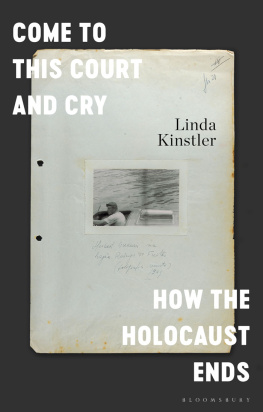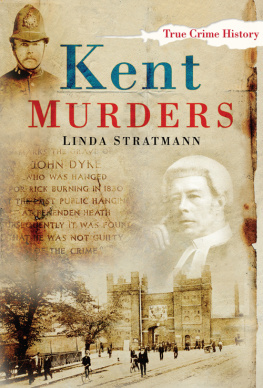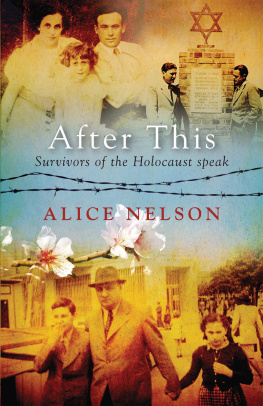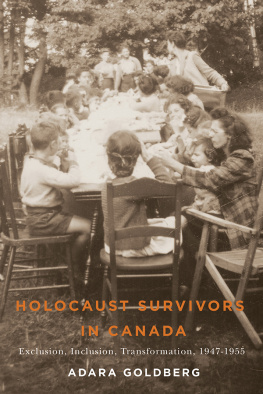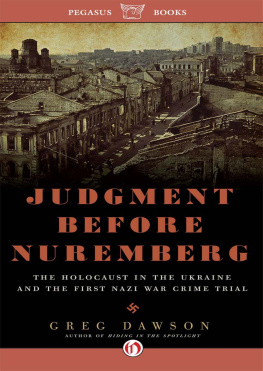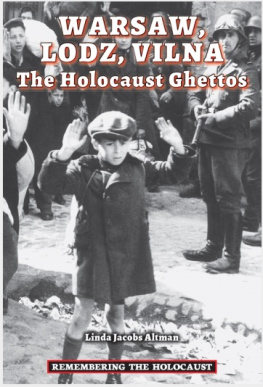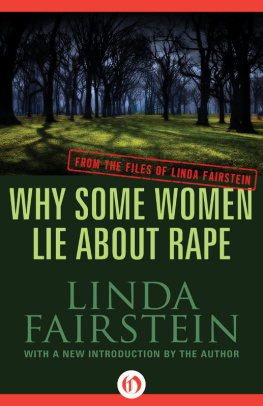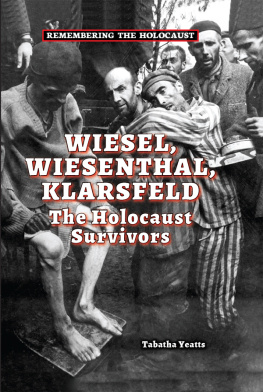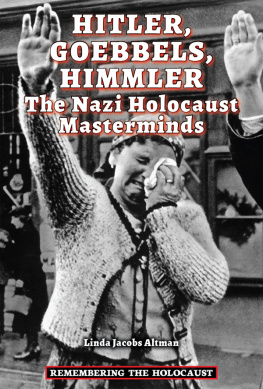
COME TO THIS COURT AND CRY

Once, in a moment of inexcusable curiosity, I went to the trouble of hunting up Riga in the Encyclopedia Britannica. That fount of current information describes it as a thriving port on the Baltic Sea, from which agricultural products, chiefly oats, are exported to England. Obviously, it was an old edition of the Encyclopedia. By this time the rumors far outnumber the oats.
The Drifter, Nation magazine, 25 January 1928
Contents
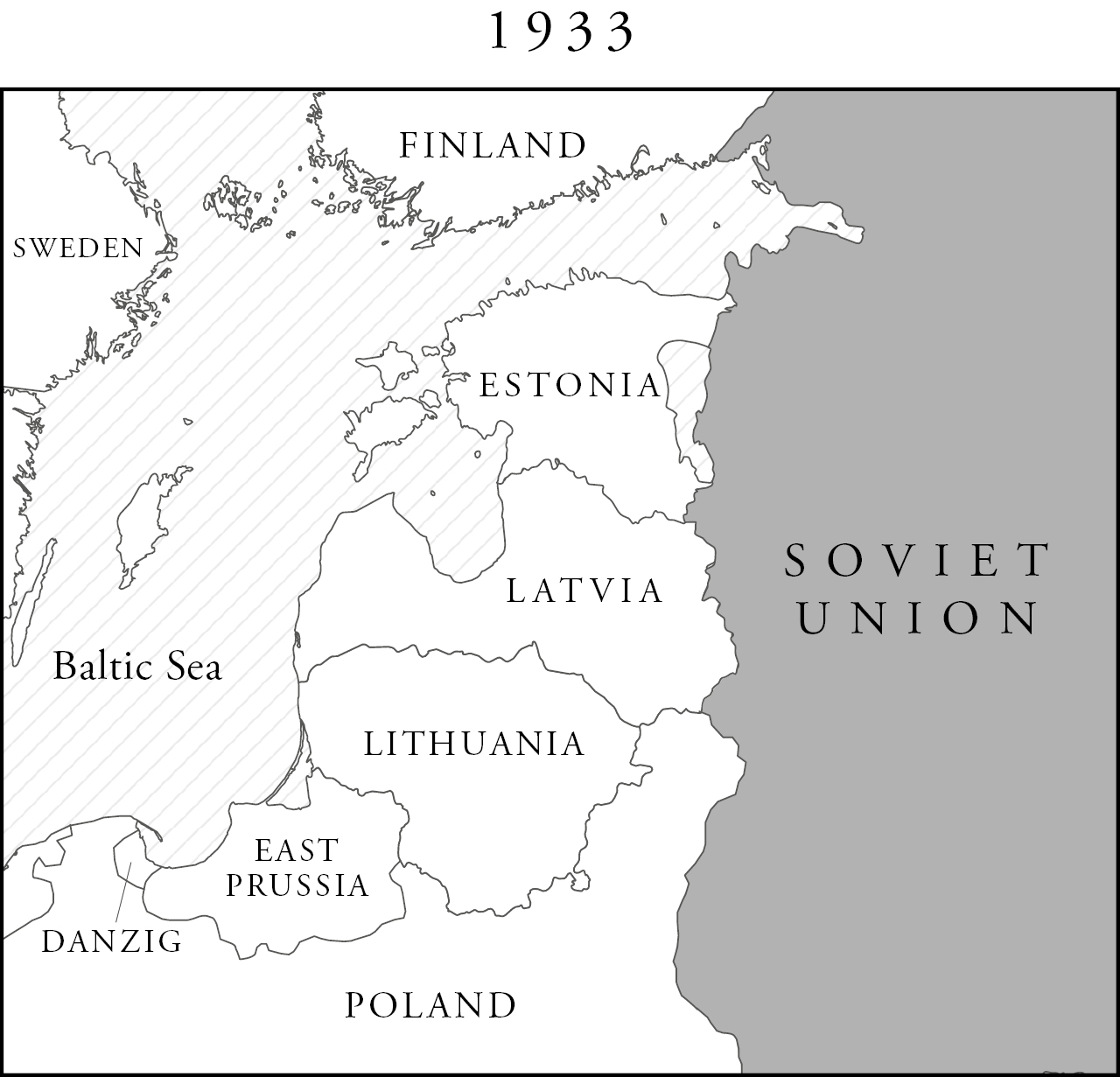
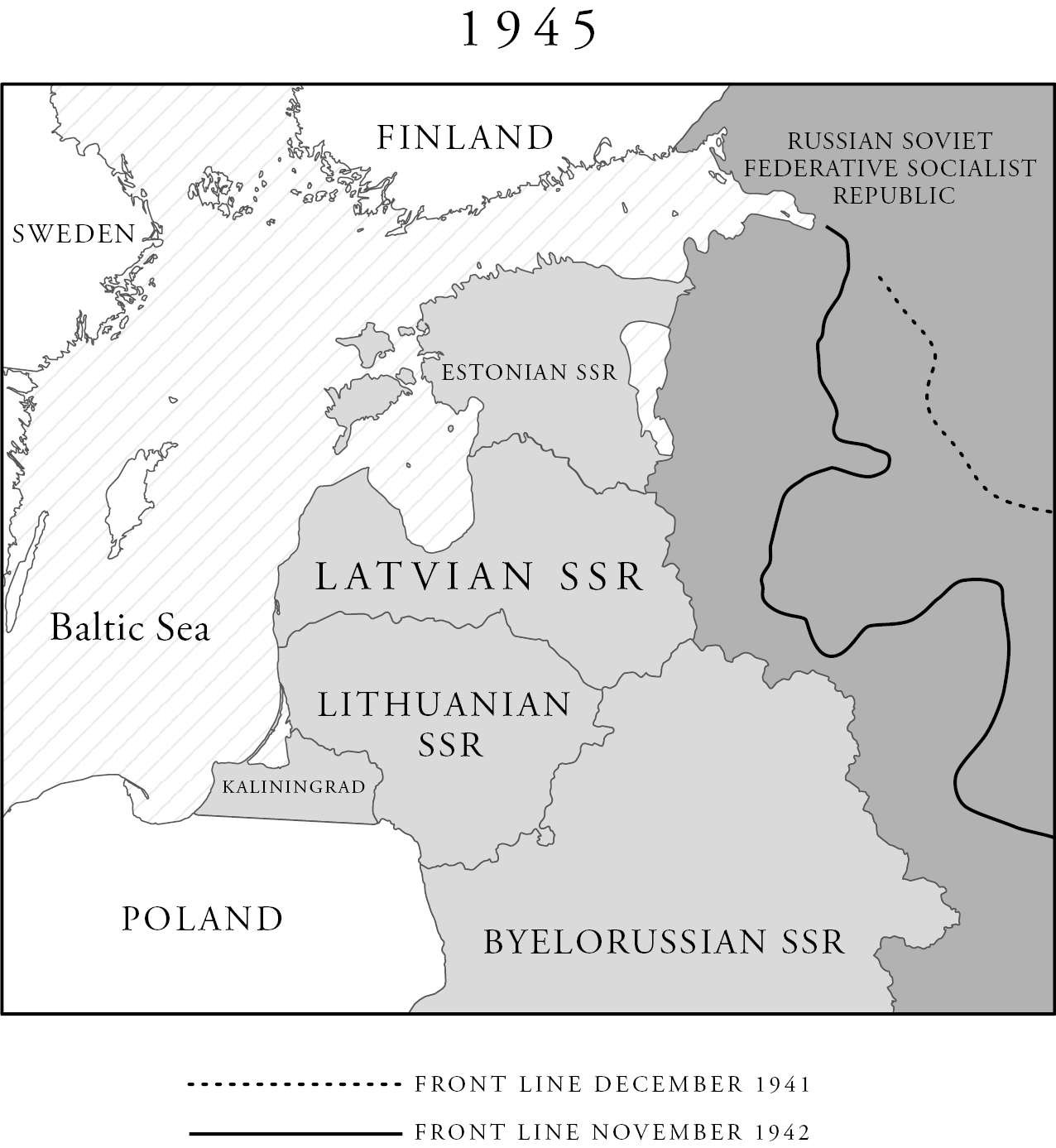
This book takes place largely in Latvia, a nation that has known many foreign rulers and foreign tongues. Since the thirteenth century, it has been claimed at different times by the Germans, Poles, Swedes and Russians. The modern nation of Latvia came into existence on 18 November 1918, when it declared independence from Russian imperial rule. It enjoyed twenty-two years of tumultuous sovereignty until the summer of 1940, when it was occupied by the Soviet Union and became the Latvian Soviet Socialist Republic. From 1941 to 1944, Latvia was under German control, referred to by its rulers as a province of Ostland. In 1944, Latvia returned to Soviet rule, and remained a Soviet Socialist Republic until the collapse of the Soviet Union in 1991.
The story in this book emerges from the upheavals wrought by these successive occupations and their aftermaths. It also reflects the rich and varied linguistic culture of the land: I have done my best to preserve spellings as they are presented in the original primary and secondary source texts. As a result, the reader may note discrepancies in the spellings of several names and proper nouns. Many of these discrepancies stem from the grammatical rules of the Latvian language, in which almost all male names end in s, while female names usually in e or a. Herbert, in English, becomes Herberts in Latvian, Viktor becomes Viktors. My surname, in Latvian, is not Kinstler but Kinstlere.
But this is also a global story, one that traces the search for war criminals and Holocaust survivors across several continents. It was a frenzied and plurilingual effort: correspondence issued in German was sometimes answered in Yiddish; witnesses who gave testimony in Russian later had their accounts translated into Latvian, German, English, Hebrew and Portuguese. Wherever possible, I have remained faithful to the spellings I encountered in the archive, in the hope that this will both enrich the prose and serve future researchers who may venture down this path.
The Novel
It is March 1965. Two men stand facing one another in a Riga cemetery. They are there on official business, their meeting hurried, clandestine. Elsewhere in the city, celebrations marking twenty-five years of Soviet rule are underway.
The man who poses the question is identified as Boris Karlovics. He asks his colleague why it was necessary to kill and butcher the target; the plan had been to bring him back to Riga alive. It was supposed to be a kidnapping, not an assassination. His colleague demurs and hands Boris a package. It just happened, the man says. Boris Karlovics, please understand, it wasnt planned one member of the group went too far.
Boris returns to his apartment and reflects on his poor luck. It was his job to ensure that the mission went smoothly, the most important assignment of his decades-long career in the KGB, the crowning achievement of a lifetime of evasion, duplicity and deceit. Now, he cannot see a way out of the whirlpool of revanchism in which he is trapped. Inside the package, he finds news clippings announcing a murder in Montevideo. A separate envelope contains photographs of the crime scene: a trunk smeared with blood, a disfigured corpse crumpled inside. Is it possible that this is Herberts Cukurs? he thinks. Herberts Cukurs, a man who had once seemed larger than life, a pioneering aviator known as the Latvian Lindbergh, more famous and more beloved than the last Latvian prime minister. Boris had known Cukurs during the war. They both belonged to the Arjs Kommando, one of the most brutal killing brigades under Nazi command, composed exclusively of local volunteers. Boris had embedded in the unit as a double agent, relaying news of the brigades actions back to Moscow. He had won the trust of Cukurs and his colleagues, and then, one by one, he had betrayed them.
There is a knock on the apartment door. A KGB general is outside Boriss boss, holding a bottle of vodka. Together, the two men go over the crime scene photos, they discuss why the operation went wrong. His boss had asked Boris to see the mission through, to supply whatever was necessary to incriminate Cukurs and bring him back to Riga. Boris had falsified testimonies, embellishing the accounts of Jewish survivors. He had doctored interrogation records of Arjs Kommando members to underscore Cukurss cruelty, depicting him as someone who took ruthless pleasure in destroying human lives. He had sent Soviet agents to South America to keep watch over his target. And still he had failed.
Boris leaves the general alone for a moment to go to the toilet. He cannot shake the suspicion that the body in the photographs does not actually belong to Cukurs. Something about the mission went awry. But it is too late. At the table, the general has drawn his gun. When Boris emerges, it will all be over.
*
If this sounds like the plot of a cheap spy novel, that is because it is. The spy novel is a seductive genre, one that offers an alluring release The most important function of the spy novel is, perhaps, to provide us with a discernible, comforting plot. Immersed in its pages, readers may momentarily indulge in the belief that, no matter how many twists and turns the narrative may take, or how many deaths and disappearances there may be, all will be explained in the end.
I encountered this particular spy novel for the first time while browsing through a bookshop in the old city of Riga in 2016. The novel was propped up on the new releases display. It was called Js Nekad Viu Nenogalinsiet , or, in English, You Will Never Kill Him .
I asked the shopkeeper if it was a popular title, and she said yes, of course. Why else would it be up there on the wall? I cracked the spine open, and there on the first page of the first chapter found my dead, disappeared grandfathers name and patronymic: Boris Karlovics.
It is hard to describe the sense of disorientation brought about by this encounter. One can reasonably expect to find dead relatives and familiar surnames in photo albums, cemeteries, letters, mementos, deeds, maybe even historical texts. But novels are another story. It was not quite vertigo that overcame me, seeing his name, but a certain unsteadiness, a feeling of being in two places at once. It felt like encountering an anachronism in the flesh like an ambush. The writer Maria Tumarkin describes the past as vortex-like,
Growing up, I had been told that my paternal grandfather had disappeared after the Second World War, and until very recently that had seemed like explanation enough. Millions vanished over the course of that terrible decade, and I had always thought of him as just another one among them, a man buried anonymously in an unmarked grave, a dead citizen of a dead country, like so many others. He did not come up in family conversations, and there were no photographs of him on display. It was only later that I learned there was good reason for the silence: Boris had indeed been a member of the same killing brigade that Cukurs had belonged to, the Arjs Kommando. He had become a KGB agent after the war, and then he had vanished. My father had dedicated much of his life to finding out what really happened to his own father, to no avail. One day, he had called me in distress. He wasnt making any progress, the archives were turning up no answers. He delegated the search to me: Youre a journalist, he said. Why dont you find out?
Next page
